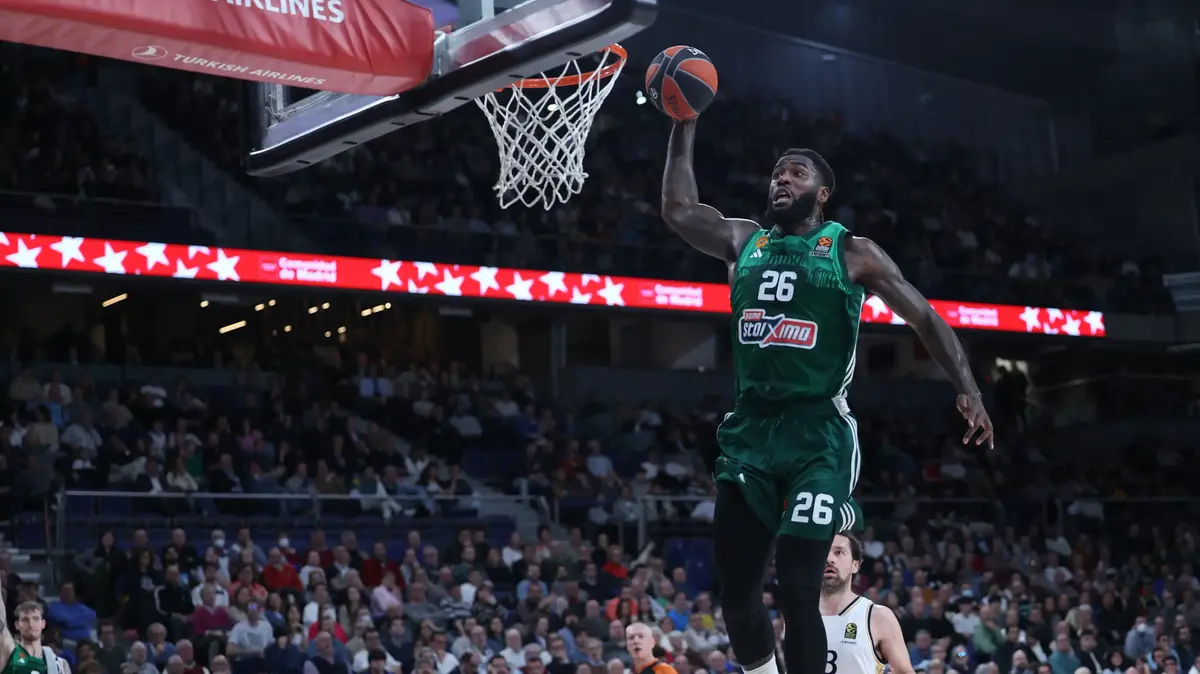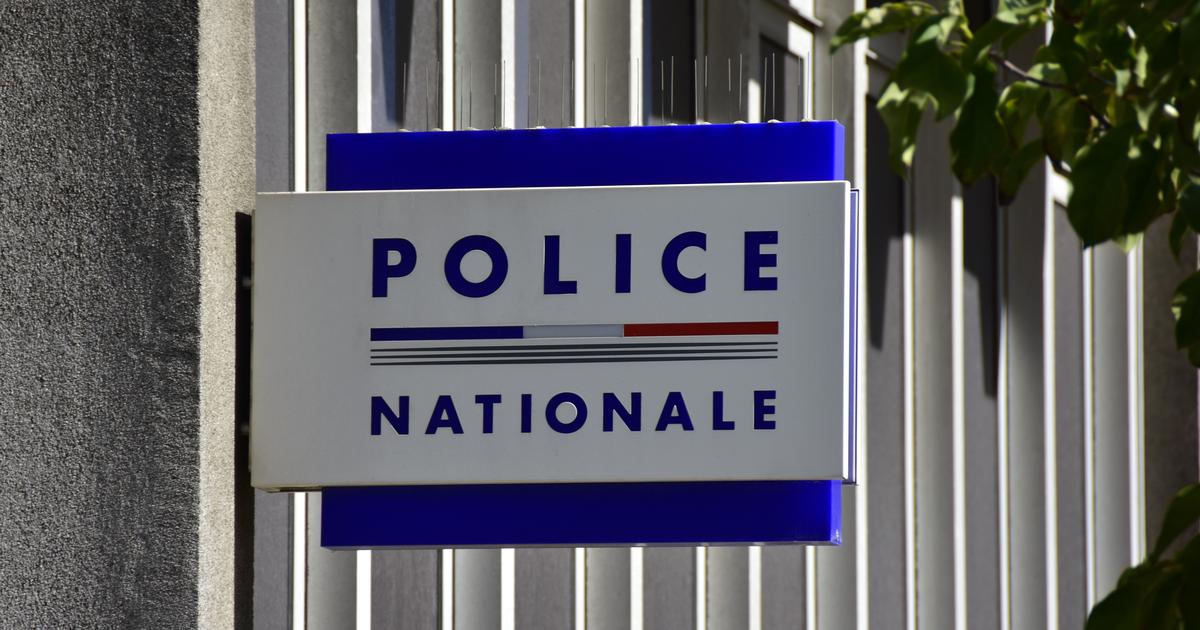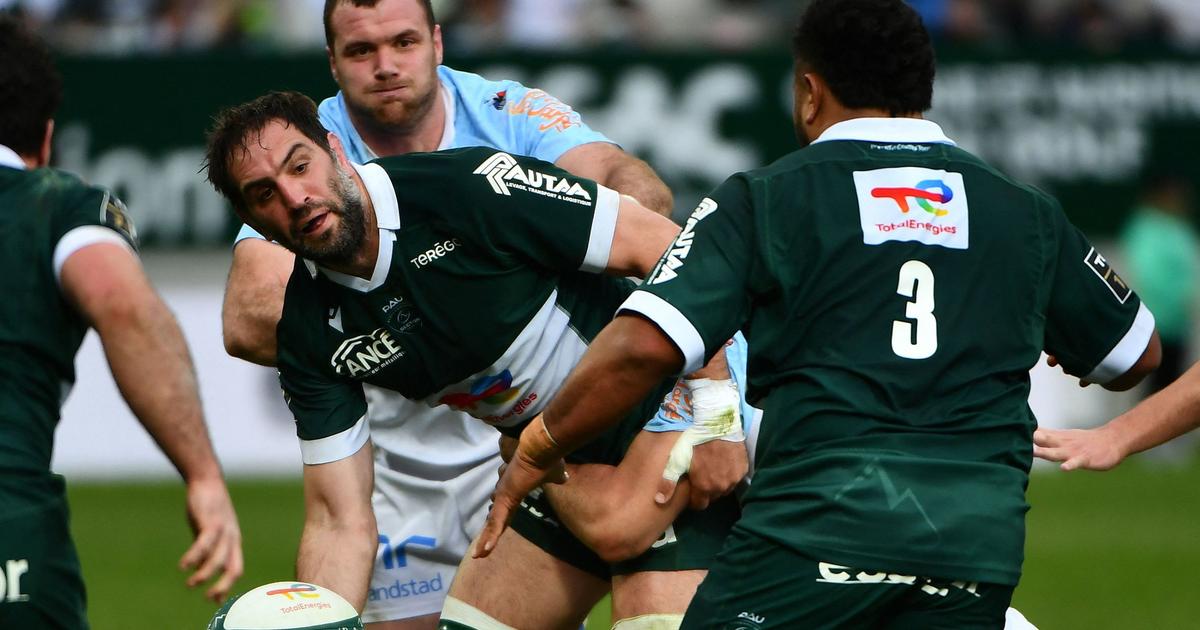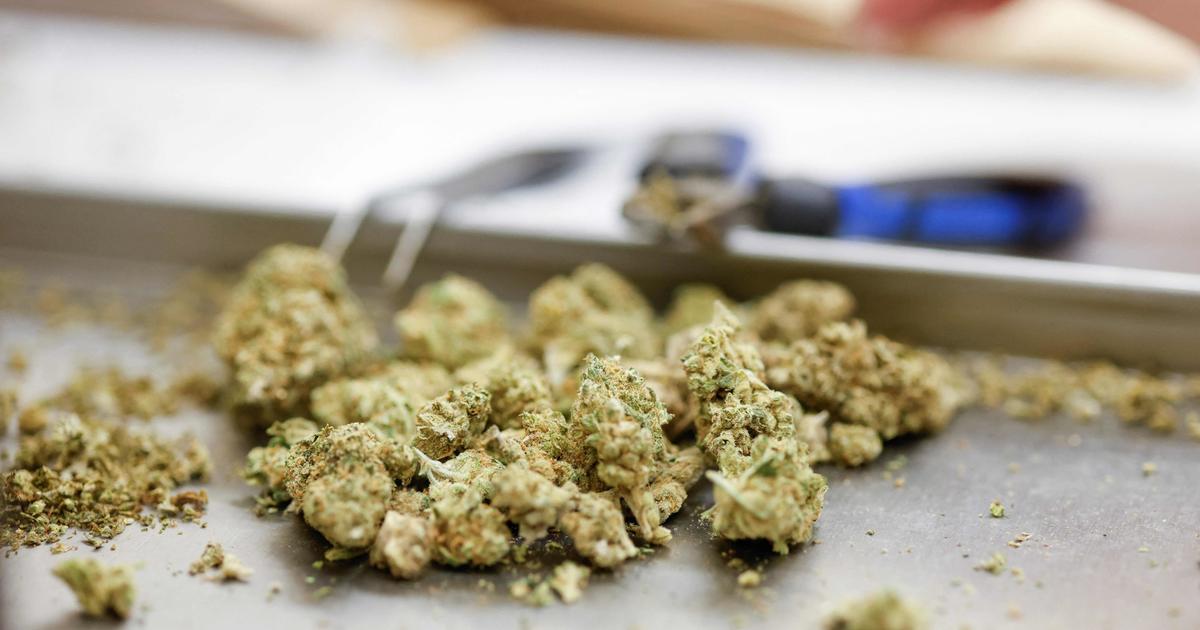Pau Donés and Évole, in a moment of the documentary-interview 'That you give me'.
He's very thin and the nasal tube may accentuate it.
The thread of voice has a cavernous point, but it is enough for what it wants to say.
"I'm here to talk about life and not about death", a Pau Donés launches at the first few, who knows that he has little left, but not that it would be just two weeks since that May Jordi Évole went up to his house in the Vall d 'Aran to chat, in what ends up being "a secular confession" of the musician.
This is how the journalist defines the 65 minutes of
That You Give Me
, the interview that since Wednesday reaches 245 cinemas throughout Spain and not on television because "there are still things in this life that have to have a slower digestion."
The beginning of the conversation is tough, as evidenced by the fact that the first two questions of the tanned Évole are, after seconds of awkward silence: "I don't know what to ask you" and "What have you done this morning?"
But then the conversation flows, without looking for or touching a chord, which facilitated the editing of almost two and a half hours of material.
"We were clear that it could not be something tearful, to gloat in grief, and that it did not happen made it easier for both of us to come to the talk in tears, when he called me for it," admits Évole, who struck up a curious friendship with the leader of Jarabe de Palo in 2002, when, playing his role as Follonero in Andreu Buenafuente's television program
Una altra cosa
, he asked him if
Bonito
and
Depende
were the same song.
"What terrifies me is seeing people who are afraid of life, of loving and being loved," says the musician two weeks before he died.
The reason for the meeting is that Donés, who will die on June 9, wants to speak with more time to escape the frivolous image that promotional interviews give to show himself "not as they see us, but as we really are."
And he comes out in one piece, with a fortitude that almost intimidates.
No, he is not afraid of dying: “What terrifies me is seeing people who are afraid of life, of wanting and being loved”, although, yes, “I don't want to leave;
Today I am happy, I feel good ”, he says.
And he repeats it throughout the interview: “Now dying is not good for me, I have things to do;
I would ask for an extension of a lifetime, but set to limit, live until 70 ".
The excuse that he was still very busy seems to be that Donés also gave it to the doctors and nurses who treated him at both the Moisès Broggi hospital, the Vall de Herón hospital and the Vall d'Aran hospital, most of them present at the Phenomena cinema hall in Barcelona, where the preview was held today, together with family members and musicians who accompanied him on his career.
At his home in the Vall d'Aran, Donés was rushing through life with his four siblings, very close to his father's house, but, above all, next to his teenage daughter Sara, with whom he reconciled: “He stayed with the idea that I had abandoned her when I separated from her mother ”, admits the singer.
The ex-wife was also: "I don't believe in the couple, but I do believe in the family."
Have you been a good father?
“No… Yes and no.
I have not given him time.
My problem is that I am a ship captain and a ship's siren sounds and I am leaving ”.
Like someone who does not want to, euthanasia appears in the documentary (presented at the last Malaga Film Festival), following the suicide of his mother, affected by chronic depression.
“I have never thought of committing suicide;
Not me, I live, life ”, he insists as a hint of gout appears at a point in the nasal tube.
"Of course," he answers the question of whether he wants to laugh and quotes the film
El guateque
, by his idolized Peter Sellers.
And he cries, of course, “these days, a lot: not crying is a sign of terrible weakness;
It is a way of showing your humility, your way of being real ”.
"Not crying is a symptom of terrible weakness; it is a way of showing your humility, your way of being real," says the musician in the interview with Jordi Évole
In an evident inner peace, back from everything and nothing, Donés admits that the sardana seems to him “the most boring dance in the world”.
He says that Antonio Vega and Celia Cruz are the musicians he admires the most as an answer to the question of which ones he likes the worst, which in the end sums up, elegantly, anonymously: “People who don't respect the field of music, who don't he dedicates to making good songs when he could and he only does it to be famous and sell records ”.
Nor does it go against the
haters
of Jarabe de Palo: “It tastes bad, I would tell them not to hate.
If there's something you don't like, put it aside, but let's not hate each other because hatred doesn't lead to anything, only fights and bad milk, bad things ”.
Success, in this context, then, is relative ("
La flaca's
was late for us and, furthermore, there is always something in a career, or a friend, that brings you down from the cloud").
And the glory, very earthly: “I would like my colleagues to remember and respect me as a composer who needed to communicate and do beautiful things, who did them honestly;
and the people, well, let them remember me for my songs ”.
It was Donés himself who wanted to take the journalist to a nearby mountain where he used to write and meditate.
He drives the car himself and there he confesses that he has asked to be cremated
The shot is always short, inside the house, stitched by Évole's appearances.
It was Donés himself who wanted to take the journalist to a nearby mountain where he used to write and meditate.
He drives the car himself and there he confesses that he has asked to be cremated: “A little bit of ashes here and others in town;
Ashes and come, run ”, he lets out as he realizes that he is getting cold, perhaps because he already thinks that“ I would have loved to meet my grandchildren ”.
“The pasta from which Donés is made is based on a lot of awareness, of what he has done and lived.
Here the character and the ego disappear, it is shown to a transcendental point ... Whoever thinks that Pau had posed here will see that it was more authentic than they believed ”, says Évole, who to dispel ethical doubts about the suitability of doing it or not interview (produced by Atresmedia and Producciones del Barrio and whose collection, in part, will go to the Vall d'Hebrón hospital) consulted with the doctor who treated Donés most directly.
It is Elena Hélez, voice at the beginning of the documentary and present at the screening: “He wanted to
destigmatize
the disease,” he makes clear.
Regarding
Donés
pasta
, the end of the documentary clarifies everything, if possible: “Thank you very much for everything, to anyone, to everyone in general.
That which you give me
, the song, is what life has given me, "he says.
And for the music of the credits, he says that he would choose Antonio Vega and his
El Sitio de mi recreo
: “(…) where the first light was created (…) I will return to that place, where I was born”.
“This, in tune,” he says: it's hard to recognize Donés's voice.
In a moment, it doesn't come.
But yes, he sings it.

/cloudfront-eu-central-1.images.arcpublishing.com/prisa/DZBSSWMAVFEUZMY5SEFJZODVRM.jpg)













